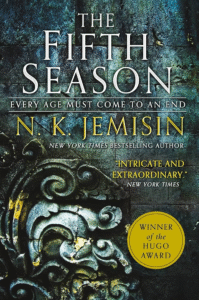A Mother’s Obsession: The Red Virgin
A Mother’s Visionary Dream
Paula Ortiz’s The Red Virgin is a captivating and disturbing exploration of a mother’s all-consuming ambition and its devastating impact on her daughter. Set against the backdrop of 1930s Spain, the film delves into the complex relationship between Aurora, a radical feminist, and her precocious daughter, Hildegart.

A Child Prodigy, A Mother’s Creation
Aurora, a visionary thinker, molds Hildegart into a prodigy, grooming her to become a symbol of female liberation. She instills in her daughter a deep understanding of philosophy, psychology, and sexuality, shaping her into a young woman far ahead of her time. However, Aurora’s methods are far from nurturing; they are controlling and manipulative. She isolates Hildegart from the outside world, confining her to their isolated home and subjecting her to rigorous intellectual training.
A Complex and Toxic Dynamic
The film skillfully portrays the tension between admiration and resentment that exists within their relationship. Hildegart, while undoubtedly brilliant, is also a victim of her mother’s extreme ambition. She yearns for independence and normalcy, but Aurora’s suffocating grip prevents her from breaking free. The film’s exploration of themes of maternal love, control, and the consequences of imposing one’s dreams onto another is both thought-provoking and unsettling.
A Haunting Exploration of Obsession
The Red Virgin is a powerful and disturbing portrait of a mother-daughter dynamic gone awry. It raises questions about the nature of ambition, the limits of parental influence, and the cost of sacrificing one’s individuality for the sake of a greater purpose. The film’s haunting atmosphere, coupled with the strong performances of Najwa Nimri and Alba Planas, creates a compelling and unforgettable cinematic experience.




















